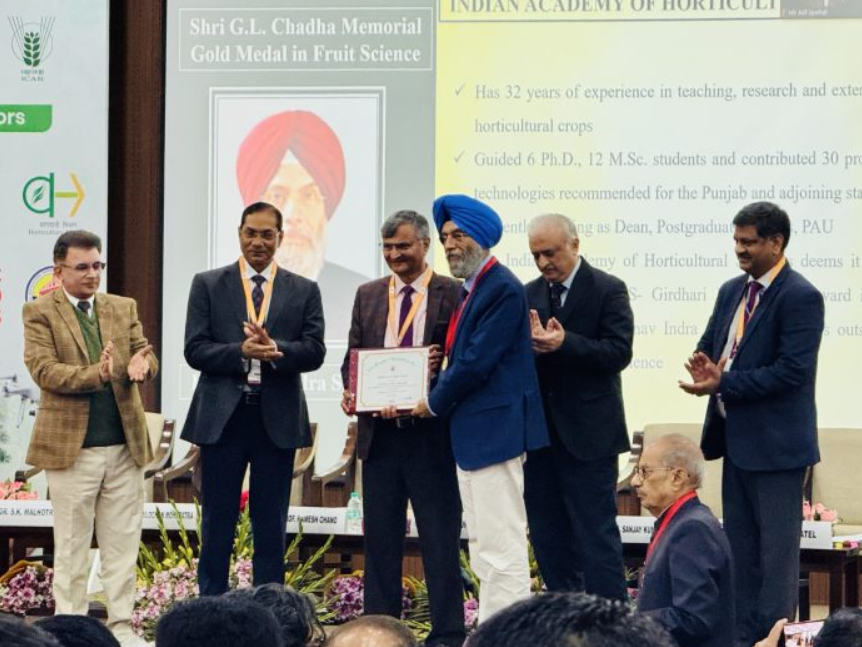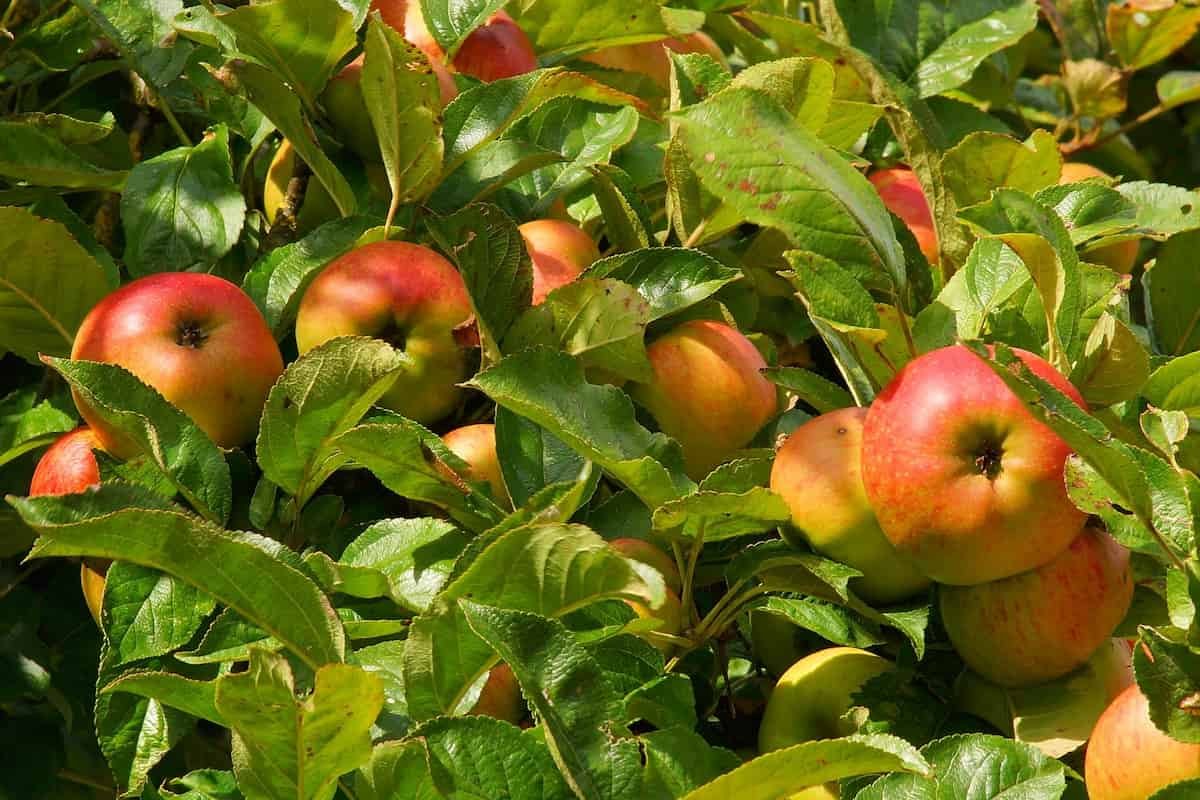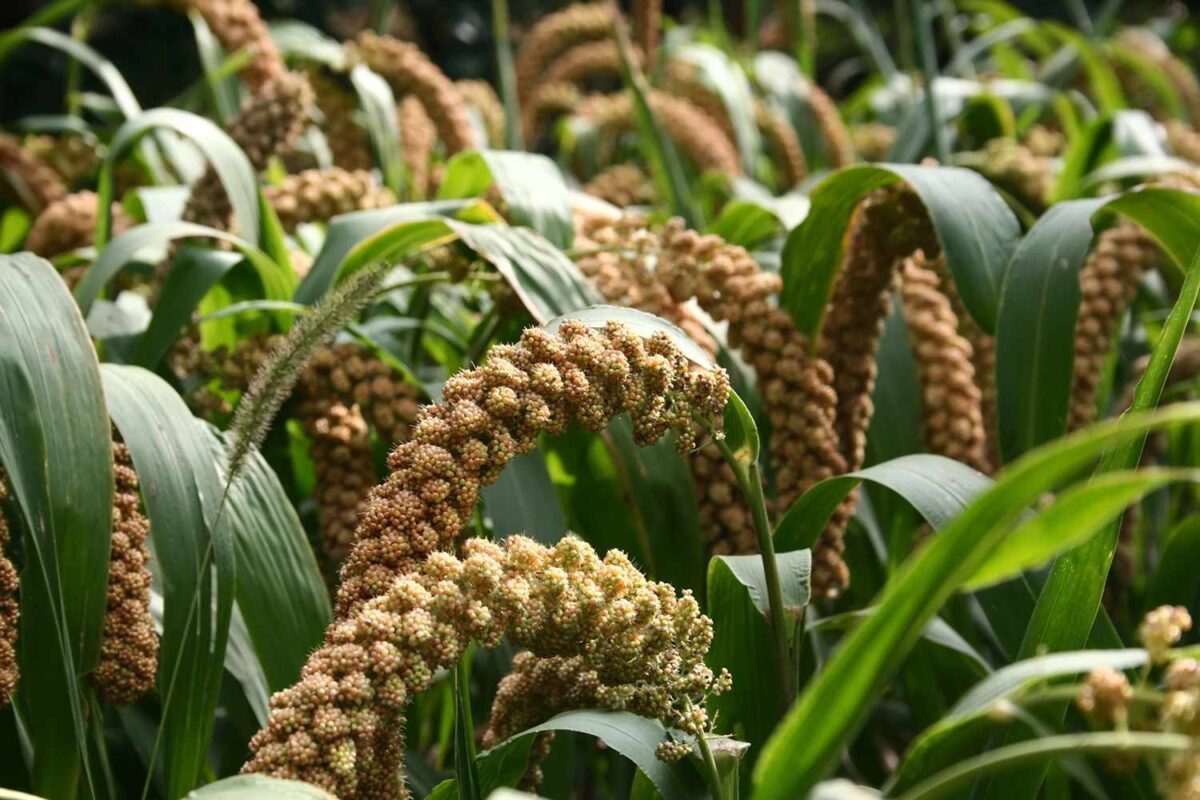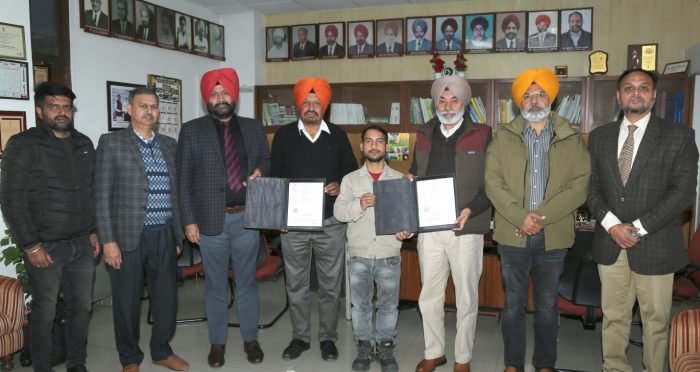Agdia announced the launch of a new product that simplifies and speeds up the sample purification process for RT-qPCR-based detection of Potato Virus Y (PVY). Agdia’s new ImmunoCapture Antibody for PVY represents an innovative step forward for testing laboratories looking to improve both performance and efficiency when testing for this impactful virus
he potato plant (Solanum tuberosum) is a critical crop for global food security, cultivated across temperate and tropical regions. However, it is vulnerable to numerous pathogens with Potato virus Y (PVY) being the most significant, capable of causing up to 80% crop losses in heavily infected fields. PVY affects a wide range of solanaceous crops, including potato, tomato, eggplant, and pepper, as well as ornamental plants and weeds, posing a severe threat to agriculture.
PVY strains are categorized into three phylogroups: O (ordinary), C (common), and N (necrotic), along with recombinant strains like PVYO+C and PVYNTN. Symptoms vary but can include foliar mosaic patterns, necrosis, premature leaf drop, and tuber necrotic ringspots. Transmission occurs via 50+ aphid species, which spread the virus over long distances, in addition to transmission by mechanical means like plant contact caused by wind or human activity. Infected seed tubers are the primary inoculum source for PVY.
Management relies on maintaining certified seed tubers and identifying infected seed by diagnostic workflows, including serological tests like ELISA, ImmunoStrip®, AmplifyRP® and laboratory-based molecular tools such as RT-qPCR (quantitative reverse transcription polymerase chain reaction). These approaches, coupled with winter grow-out trials, are vital for identifying and mitigating PVY’s impact on potato production.
Although qPCR methods for detection of PVY are highly sensitive and specific, the labor and extraction kit materials required for traditional nucleic acid purification can be cost-prohibitive for certification purposes. Traditional nucleic acid purification materials and reagents can be costly and require multiple steps, each of which is a critical control point that can be subject to errors. Immunocapture simplifies this process by combining pathogen isolation and nucleic acid preparation into a single step.
Incorporating an immunocapture step in qPCR/RT-qPCR combines serological (antibody-based) and molecular (DNA- or RNA-based) detection techniques that can result in gains for both assay performance and method efficiency.
With immunocapture methods, specific antibodies are immobilized on a solid surface (ex: PCR microtiter plates) to bind to target pathogens (in this case, PVY). The binding step effectively concentrates the virus, and a simple washing step separates it from inhibitors commonly found in complex biological samples such as macerated tuber tissue. The captured viral particles are then lysed to release their nucleic acids, which serve as the template for the qPCR method that follows.
Immunocapture not only speeds up the purification process, but also offers more opportunities for high-throughput process automation since it occurs in a simple PCR plate versus the various tubes, filters, etc. which are required in traditional nucleic acid purification.
Traditional nucleic acid extraction methods co-purify all nucleic acids present in a sample extract. With immunocapture purification, only the target antigens (ex: PVY) are bound to the antibodies while all other sample materials are washed away. This leads to fewer chances for inhibiting substances and non-target DNA or RNA to interfere with the downstream qPCR/RT-qPCR protocol.
For a high-throughput PCR lab, Agdia’s ImmunoCapture Antibody for Potato Virus Y streamlines the testing process, reduces costs, and improves both the sensitivity and reliability of detecting PVY. By integrating this innovative reagent, labs can process more samples faster with higher confidence in the results, making it a superior choice over traditional nucleic acid extraction methods for the detection of PVY.
Agdia announced the launch of a new














